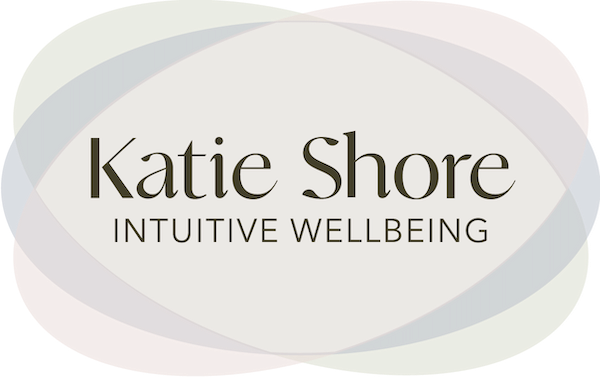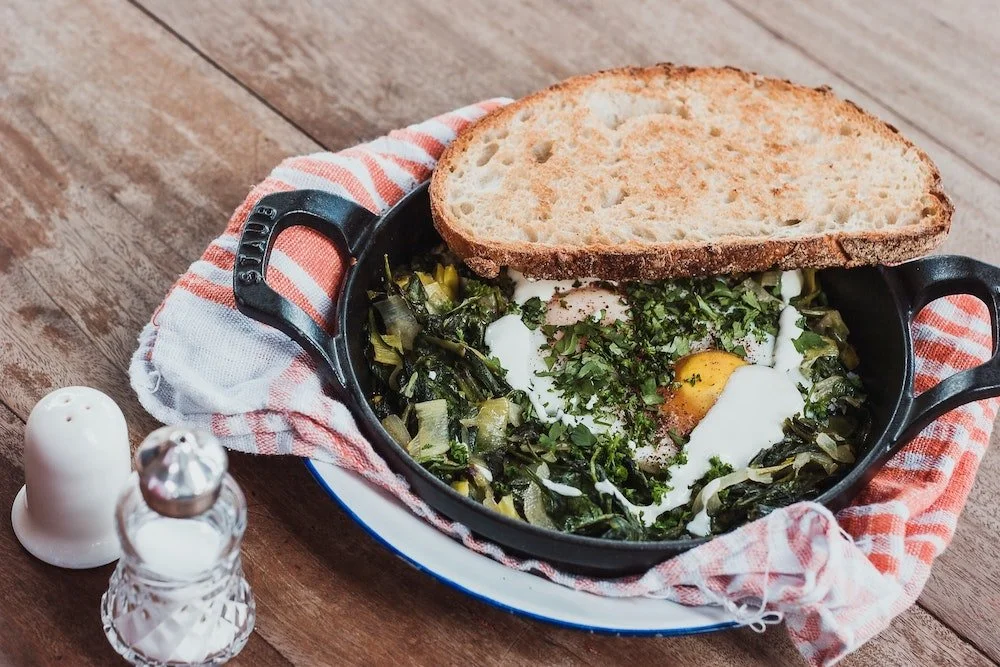WHAT FOODS SUPPORT THYROID FUNCTION - PART 1
The thyroid gland plays such an important part in fertility, pregnancy and post natal health but is often overlooked when it comes to diet and lifestyle support. Your thyroid could be functioning sub-optimally but your test results have come back within normal range and you’ve been told you’re ‘fine’. Perhaps you’ve never really thought about testing your thyroid function before but you’re having trouble conceiving and have ruled out a lot of other major factors.
If you’ve had the tests done and are wondering what to do next because they appear to be within the normal reference range, then I’d read THIS post about what is considered optimal vs normal and decide whether you might need to take a second look at your results again. Or, if you’re completely new to thyroid health go back and read THIS post about basic thyroid function because it details some common symptoms to look out for which indicate that you might need to start investigating your thyroid.
“The thyroid gland is nutrient hungry and hates stress.”
Thyroid glands are incredibly sensitive and demanding on your diet. They like a lot of good quality nutrition to be kept happy and can become deplete in what they need very quickly. Which is why knowing what foods the thyroid loves and what foods to avoid for thyroid health can stand you in great stead.
B VITAMINS
B vitamins are one of the most important groups of vitamins for thyroid health but often are found to be depleted in women. This is especially true if you’ve been taking hormonal birth control pills for a significant period of time because they are known to deplete B vitamins (this is often referred to as ‘post-pill syndrome’). Studies show that low levels of B vitamins have been associated with sub-optimal thyroid function so it’s one of the easiest ways you can start to optimise your thyroid health.
There are eight B vitamins in total and I’m not going to cover each one in detail or their functions right now but a special note is given to vitamin B9 (folate) and B12 (cobalamin). B9 specifically because it’s crucial for healthy conception and foetal development and B12 because aside from its multitude of functions it’s difficult to eat sufficient levels on a vegan diet alone without supplementation.
The best strategy for supporting thyroid health is aiming for a wide variety of B vitamins through food sources such as eggs, seafood, meat (especially liver, although avoid this if you’re already pregnant), chicken, turkey, dark leafy greens such as kale and spinach, legumes like beans and lentils and sunflower seeds.
IODINE
Next is Iodine, a little known but crucial mineral involved in the production of thyroid hormones. The two primary thyroid hormones (T3 and T4 – see THIS post for more information) rely on iodine in their chemical composition and when we don’t eat sufficient levels through the diet or we are stressed and/or exposed to some environmental toxins such as smoking our levels can be sufficiently depleted to disrupt their production. Which in turn can over time lead to symptoms appearing such as an irregular menstrual cycle, amongst others.
Iodine is a tricky one as it is found mostly in animal products but high levels are found in seaweed (including nori, kelp, kombu and wakame). Delicious sprinkled over salads seaweed is something I often have my clients try when we are taking a food first approach to thyroid health. Iodine is also found in shellfish, white fish, cow’s milk, cheese, yoghurt, eggs, chicken and beef liver. If you’re already pregnant avoid eating liver because the vitamin A levels can be dangerous and if you’re eating a plant based diet don’t ever supplement iodine without speaking to a health professional beforehand. Testing and dosage are key and too much, as with too little, can be just as harmful to your health.
“Vitamins B9 and B12 are crucial for fertility and a healthy thyroid.”
IRON
Iron is the next mineral I recommend making a conscious effort to be eating regularly. Involved in T4 and the enzyme thyroid peroxidase (which makes T4) low levels can easily disrupt your thyroid function, not to mention making you feel extremely tired – which you’ll know if you’ve ever experienced anaemia.
It’s important to outline that there are two types of iron you can obtain from your diet. Animal sources are called ‘heme’ iron and plant based sources are referred to as non-heme iron. Heme sources are better absorbed by the body compared to plant based sources with the figures looking on average around 15-35% heme iron absorption compared to non-heme iron around 2-20%. This depends on digestive function (if you’re having issues with your stomach acid or B12 levels these will affect how much iron you extract and absorb from your food) but generally animal sources of iron are preferred because they are considered more bioavailable.
Heme iron to include in your diet includes liver (but as above, avoid this during pregnancy), regular quantities of organic or grass-fed red meat, poultry and eggs. That being said there are plenty of plant based iron sources to also add into your diet because our bodies love diversity and let’s face it, eating steak every day would get boring very quickly.
Non-heme iron sources include chickpeas, kidney beans, green lentils, edamame beans, tofu, spinach, quinoa, peas and tahini amongst others. A great tip for increasing iron absorption from plant based foods is to eat vitamin C alongside. This could look like a squeeze of lemon juice on some wilted spinach or having a bell pepper mixed into your quinoa. However you eat your iron, the important thing is to make sure you enjoy it and it tastes delicious.
Next week I’ll follow up with part 2 - an overview of another three key nutrients to focus on for thyroid health and the food sources that support nutrient intake.
The vitamins and minerals I’ve covered today are ones I see commonly depleted in my clients with thyroid dysfunction, and making small consistent changes to their diet (rather than supplementing) has been life changing for some of them.
If you have enjoyed this post and want to see more content from me then you can sign up to my community using the link on the homepage and if you know someone who might benefit from reading this then please share the love, it’s always appreciated.
And if this post has made you think now is the right time for some personalised support to help manage your thyroid why not book in for a free support session. I’m looking forward to hearing from you.




